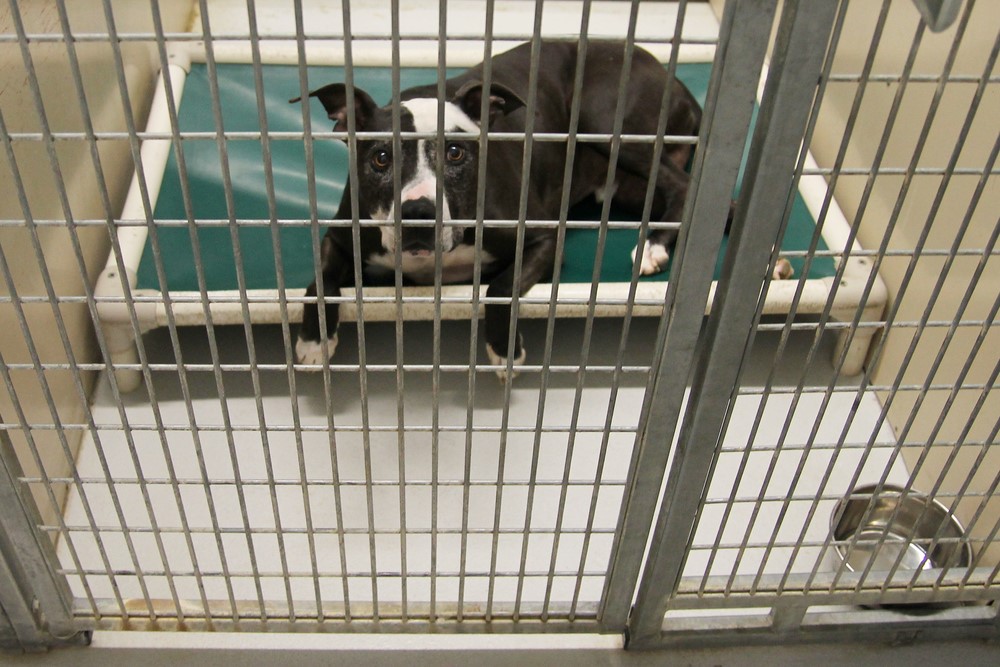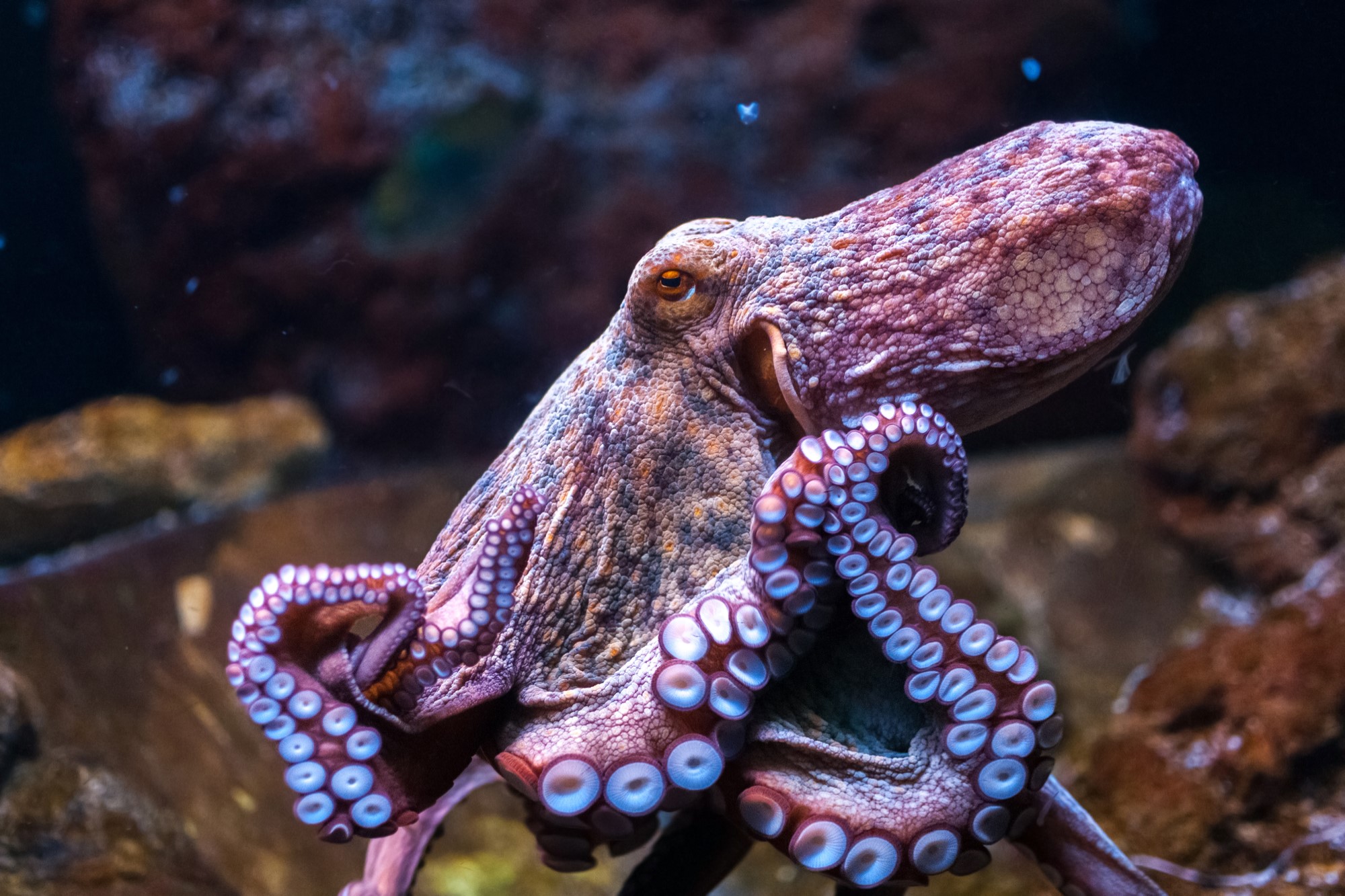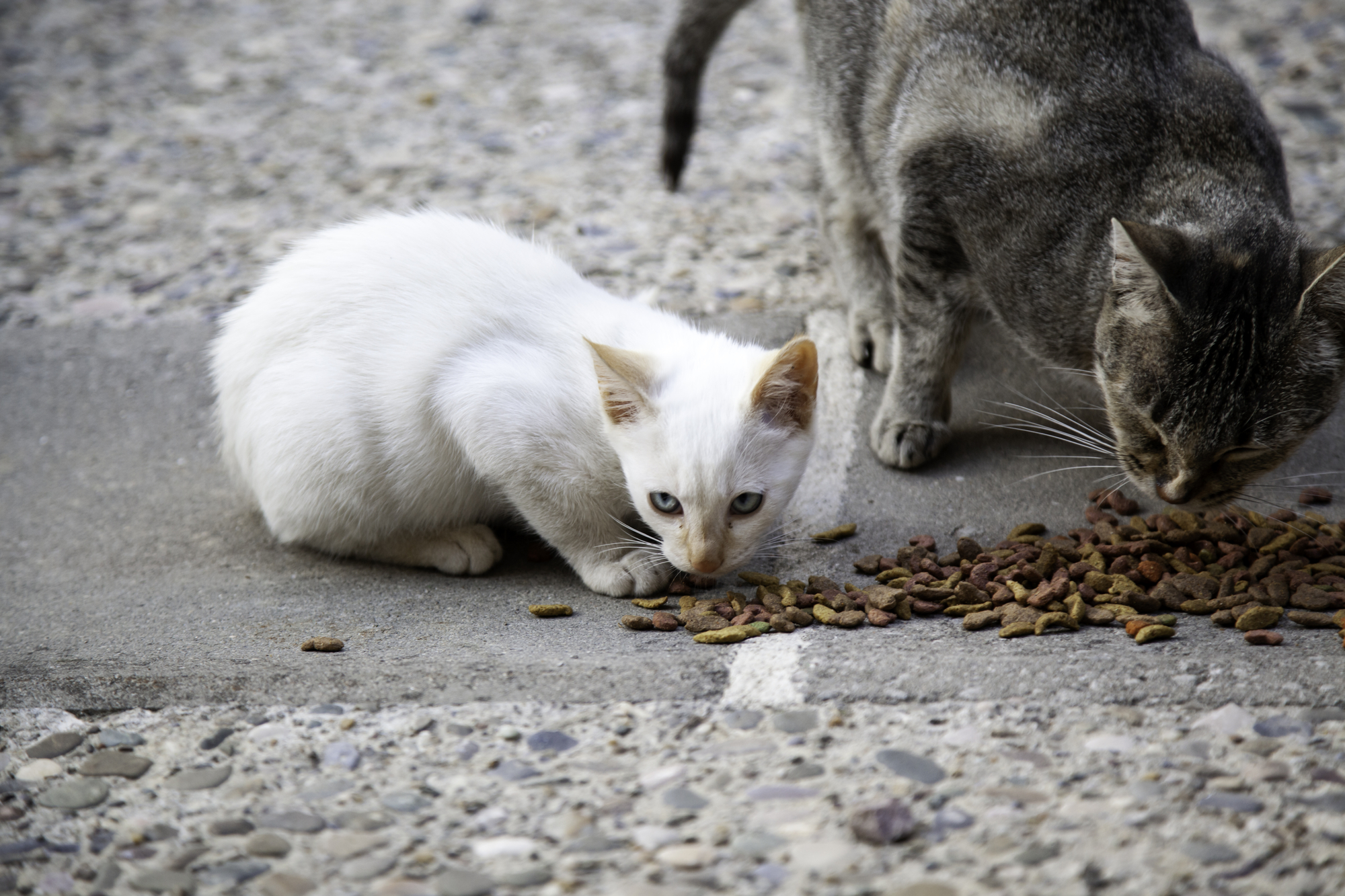Pet Ownership and the Ethical Perils of Domination

For many of us, our pets are our beloved family members. However, the lives of many pets are an excruciating ordeal, full of pain and boredom. This is an inescapable consequence of the fact that they are utterly dependent upon us to meet their most basic needs. For these reasons, I think that pet ownership should be drastically reduced and radically rethought.
What is a pet? Let me propose a novel definition, paraphrasing Yi-Fu Tuan: a pet is an object of our affections that we dominate. Philosophers define domination as an unconstrained imbalance of power that enables agents to control other agents or the conditions of their actions. My view is that our control of our pets is unjust because it is largely legally unconstrained: it is almost entirely up to an owner how she will or will not use her power. This fact, in turn, makes pets extremely vulnerable to abuse and, much more commonly, neglect.
Consider the average urban-dwelling dog. Almost nothing about her life is up to her: whether she receives adequate food, water, shelter, medical care, and social interaction is entirely down to the owner’s whims. This is because legally, pets are considered property; besides animal cruelty laws, there are no legally enforced standards for pet ownership.
The evidence suggests that the result of our dominion over our pets is an incredible amount of suffering. Although some pets are able to have genuinely good lives, owners as a whole seem either unable or unwilling to meet their pets’ complex needs. Let’s start with physical health. According to the Association for Pet Obesity Prevention, more than half of all dogs and cats in the U.S. are obese. The number of cats and dogs who never, in their entire life, visit a veterinarian is anywhere from about twenty-five to fifty percent, with most estimates falling on the higher end. At least 70 percent of captive reptiles die before they even reach the pet store shelf, and of these survivors, about 75 percent will not live past their first year as a pet.
Most of the animals we keep as pets are social creatures. Some, like dogs, have evolved to form strong emotional bonds with their human owners. But we humans are just as bad at ensuring our pets have rich social lives as we are at maintaining their physical health. The amount of time the average pet owner spends interacting with his or her critter is estimated at about 40 minutes a day — hardly enough to be called a reciprocal and mutually enhancing friendship. Goldfish are social creatures, but many are kept in tiny aquaria with no possibility of stimulating interaction either with their environment or other fish. For example, on Amazon one can find a USB Desk Organizer Aquarium — with attached desk organizer, including a multifunction pen holder and LCD calendar — that holds one and a half quarts of water (6 cups) and is advertised as suitable for live fish.
Many owners simply give away their animals when they no longer feel like shouldering the burden of caring for them. Somewhere between six and eight million dogs and cats and other sentient creatures pass through the shelter system each year; about one third of these are there because their owners brought them in. If they are lucky, these animals are adopted by a loving family. But many are not lucky: some 3 million are euthanized every year.
One challenge of ethically assessing pet ownership in the United States is the paucity of data, itself a sign of a troubling ethical insouciance. But the evidence of our mistreatment of our pets is all around us. To give one personal example: I once rented a house next to a family that owned a St. Bernard they kept in the backyard. This “family” dog spent almost all of the day baking under the New Mexico sun with no stimulation and no interaction with humans.
As we might expect, just as allowing humans to legally dominate one another — a practice that is outlawed almost everywhere in the world — leads to extreme suffering, so does allowing humans to legally dominate their pets. The echoes of human slavery in pet ownership raise the specter of a more radical objection: that pet ownership, like slavery, is wrong in itself. Luckily for pet owners everywhere, I do not think this claim can be sustained.
What makes slavery wrong in itself is that human beings have an actual and strong interest in autonomy, or in the ability to fulfill their desires unconstrained and uncontrolled by external forces. To say that they have an interest in this ability is to say that they desire it: human beings have the complex higher-order desire that they be able to fulfill their first-order desires without external constraint or control. Because slavery as such negates autonomy, it violates a human being’s autonomy interest. This makes slavery wrong as such. By contrast, I do not believe that animals have an autonomy interest. My dog wants to go outside, wants to snuggle with me on the couch, and wants to chase squirrels, but I very much doubt that my dog wants to be able to do these things without constraint. Having an autonomy interest requires a level of cognitive sophistication that our pets lack.
Although pet ownership is not wrong as such, this does not mean that we should rest content with the legal domination that is part and parcel of contemporary pet ownership. Instead, we should introduce far more stringent, and legally enforceable, standards. In particular, I propose that states adopt a pet “bill of rights,” to be enforced by a dedicated government agency, with at least the following provisions:
- Every pet is entitled to adequate food, shelter and water.
- Every pet is entitled to adequate medical care.
- Every pet is entitled to adequate physical and mental stimulation.
- If appropriate, every pet is entitled to adequate human or non-human companionship.
What can individuals do to make the world a better place for pets? Perhaps the choice with the greatest impact would be to not have a pet at all. The evidence suggests that many pet owners are not prepared to shoulder the burden of satisfying the pet bill of rights provisions. One should take this responsibility extremely seriously, which starts with considering seriously whether one is both willing and able to provide for another sentient being’s entire welfare.
Perhaps humanity’s greatest moral achievement to date was the abolition of legal slavery, driven by the insight that giving people legal dominion over other people is morally wrong. Our relationships with our pets are different in important respects from slavery. After all, many — though by no means all — owners are profoundly emotionally connected to their pets. There are already some legal protections for pets, as for all animals — although I have argued that these protections are woefully inadequate. Most importantly from the moral point of view, animals do not have the autonomy interest that would make pet ownership, like slavery, wrong in itself. Nevertheless, our history of slavery should make us sensitive to the moral implications of tolerating legal domination, even over non-human creatures.




